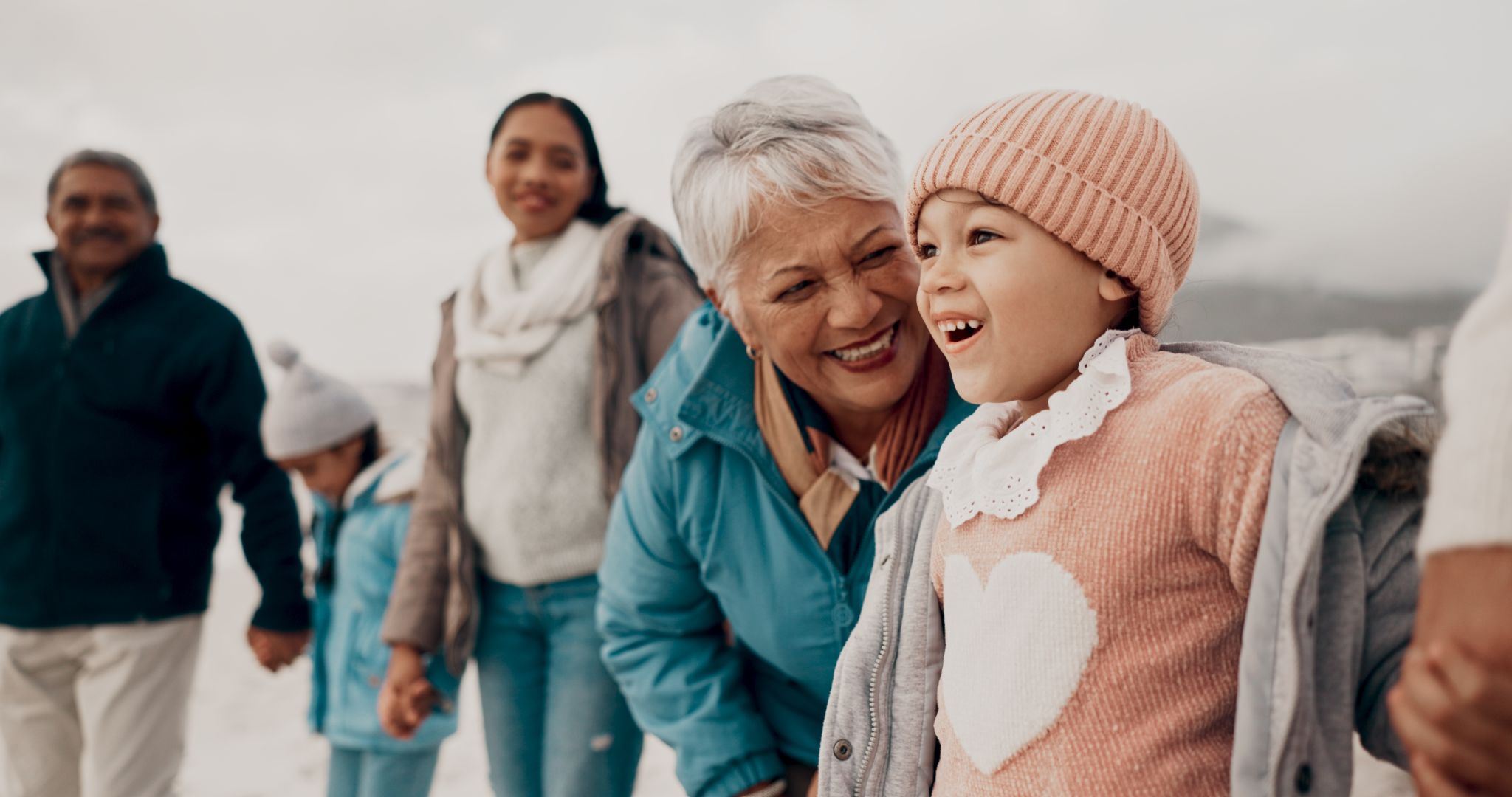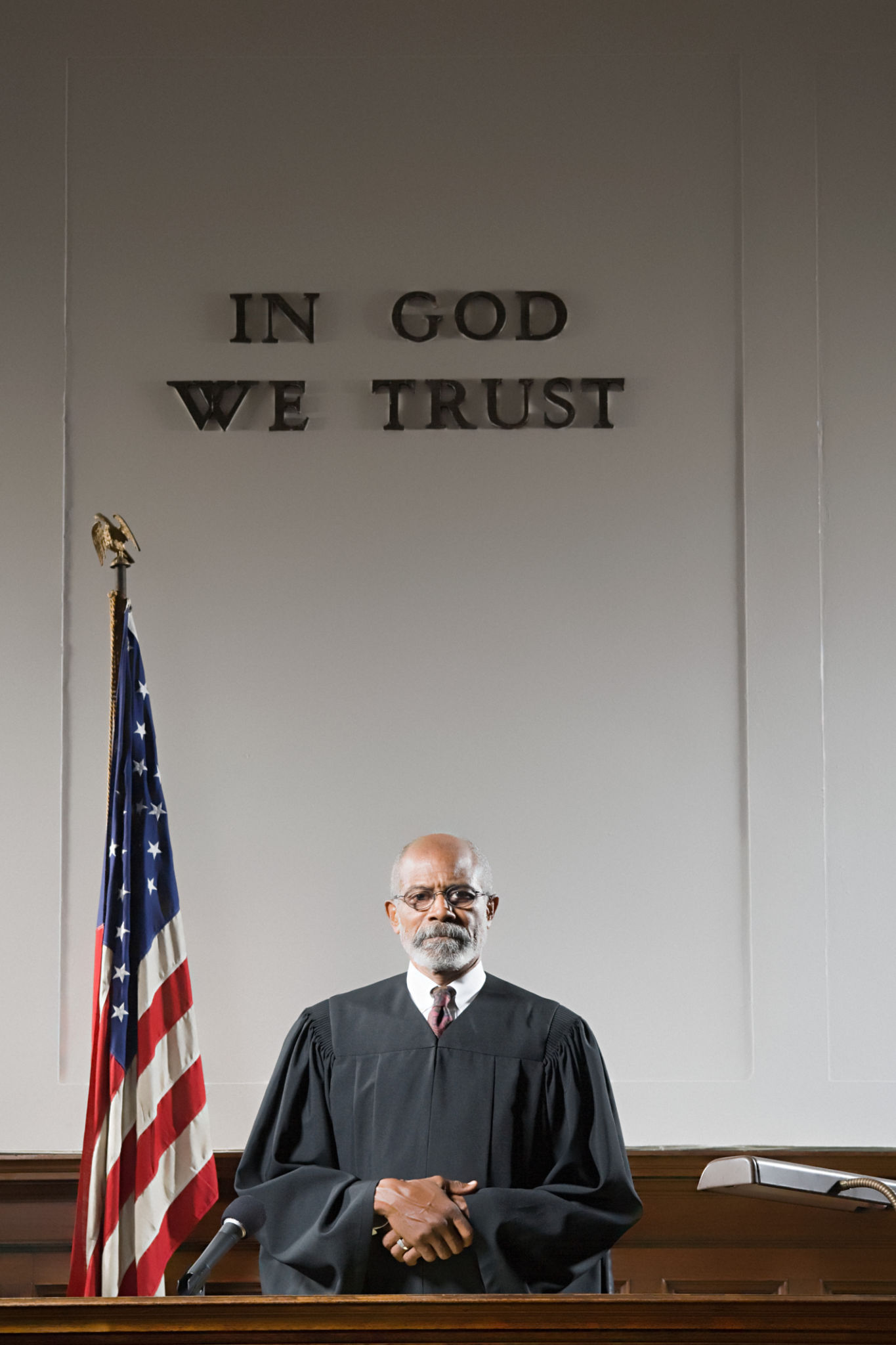Preparing for Winter: Senior Housing Tips in Philadelphia
MH
Understanding the Importance of Winter Preparations for Seniors
As the chilly winds of winter approach Philadelphia, it's crucial to ensure that senior housing is prepared for the colder months. With the drop in temperature, seniors may face numerous challenges that can impact their health and safety. Proper preparation can help mitigate these risks and ensure a comfortable, worry-free winter season.
Seniors are particularly vulnerable to cold weather due to factors like decreased circulation and thinner skin, which makes it harder for them to retain body heat. It's essential to prioritize a warm and safe environment to prevent issues such as hypothermia and frostbite. Let's explore some useful tips to prepare senior housing for winter.

Ensure Proper Insulation and Heating
One of the first steps in preparing senior housing for winter is to ensure proper insulation and heating. Check windows and doors for drafts, and seal any gaps with weather stripping or caulking. This simple step can significantly reduce heat loss and improve energy efficiency.
Make sure that the heating system is in good working condition before the cold weather sets in. Schedule a professional maintenance check to clean filters, inspect thermostats, and ensure all components are functioning optimally. Setting the thermostat to a comfortable level, preferably between 68°F to 70°F, can help keep seniors warm without overburdening the heating system.
Stock Up on Essential Supplies
Winter weather can sometimes lead to unexpected road closures or delays in supply chains. It's wise to stock up on essential supplies like food, medications, and emergency kits. Ensure that seniors have enough non-perishable food items and bottled water to last at least a week in case of severe weather.

Medications are particularly important; make sure prescriptions are refilled ahead of time. Additionally, prepare an emergency kit with flashlights, batteries, blankets, and a first-aid kit. These items can be invaluable during power outages or emergencies.
Preventing Slips and Falls
Slippery surfaces pose a significant risk during winter, especially for seniors. To prevent slips and falls, ensure that walkways and driveways are cleared of snow and ice. Use de-icing salt or sand to improve traction on these surfaces.
Inside the home, remove any tripping hazards such as loose rugs or clutter in hallways. Installing handrails in stairways and grab bars in bathrooms can provide additional support and reduce the risk of accidents.

Promote Social Connections
Winter can be isolating, particularly for seniors who may find it difficult to leave their homes due to inclement weather. Encouraging social connections is vital for mental health and well-being. Arrange for regular check-ins from family members or caregivers, either in person or via phone calls.
Consider organizing community activities or virtual gatherings to keep seniors engaged. Social interaction not only combats loneliness but also provides an opportunity to ensure that seniors are safe and well throughout the winter months.
Stay Informed About Weather Conditions
Lastly, staying informed about weather conditions is crucial during winter. Encourage seniors to keep an eye on local news or weather alerts for updates on storms or extreme temperatures. This awareness allows for better planning and response to adverse weather conditions.
By taking these proactive steps, senior housing in Philadelphia can be well-prepared for winter. Ensuring warmth, safety, and social engagement will help create a comfortable environment where seniors can thrive even during the harshest months.